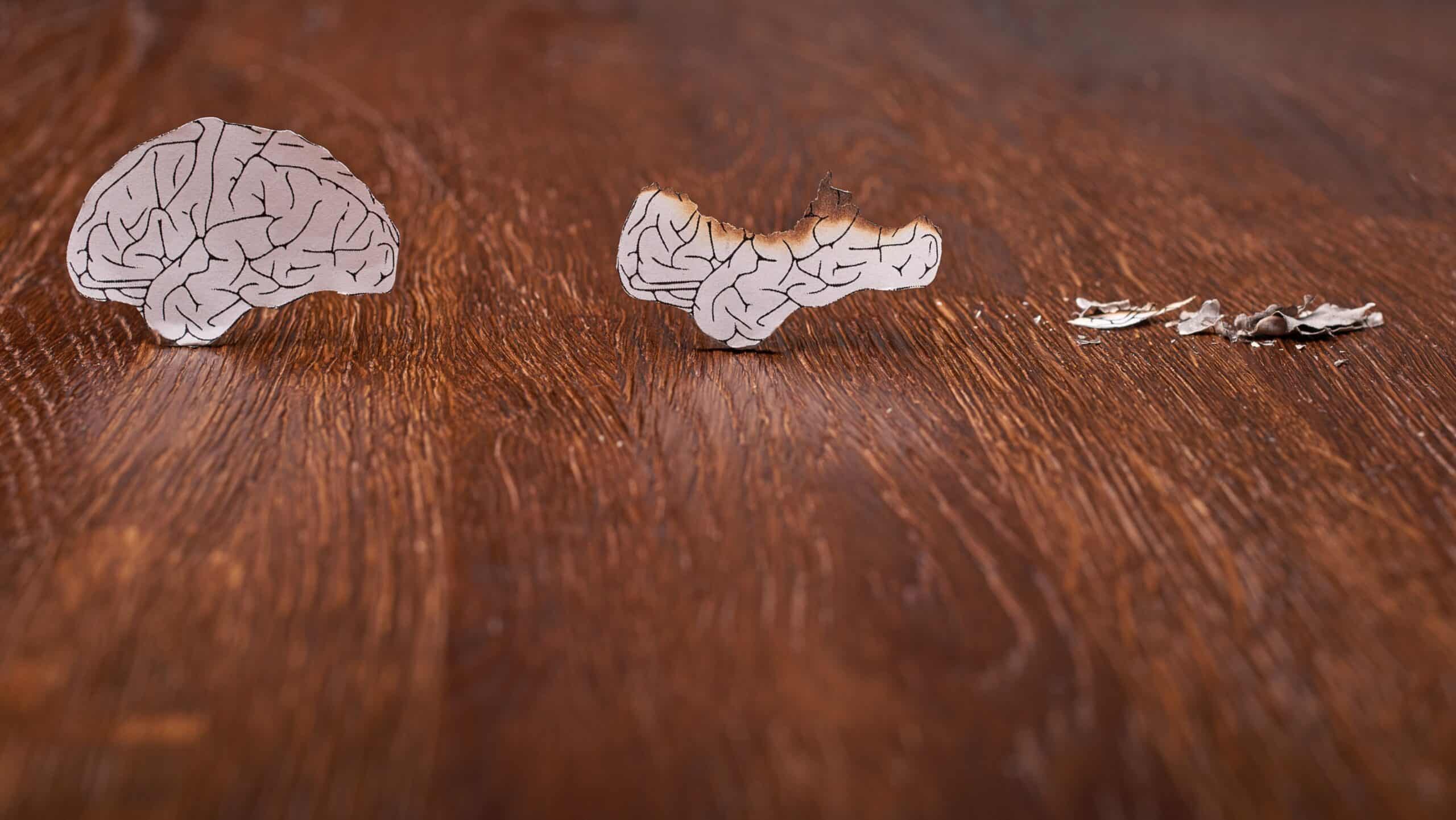Professor Kyong-Tai Kim and Ph.D. candidate Kyung Won Jo (Department of Life Sciences) at POSTECH has verified that the gossypetin found in hibiscus activates microglia, the resident immune cell in the brain. The research team also demonstrated that microglia scavenge amyloid-beta (Aβ) in the brain to ameliorate cognitive impairments brought on by Alzheimer’s disease (AD).
AD begins as Aβ and Tau protein aggregates form deposits in the brain tissue. Microglia internalize such aggregates (phagocytosis) to protect the brain. However, incessant exposure to Aβ will ultimately exhaust the microglia, leading to a chronic inflammatory reaction and damages in the nerve cells. As a result, the victim suffers cognitive decline and memory loss.
While looking for a new AD treatment without serious side effects, the POSTECH team focused on gossypetin, a flavonoid compound found in hibiscus, also known as Hibiscus sabdariffa or roselle.
The research team treated AD model mice with gossypetin through intragastric administration for three months and concluded that their impaired memory and cognition were almost restored to the normal level. Furthermore, they saw a decrease in the various types of Aβ aggregates, which are commonly found in the brain tissue with AD-type dementia.
The researchers then collaborated with Professor Jong Kyoung Kim (Department of Life Sciences at POSTECH) and proceeded with single-cell RNA sequencing. The analysis demonstrated that gossypetin prevented the expression of genes associated with gliosis, which promotes chronic inflammatory reactions, while increasing the expression of genes associated with Aβ phagocytosis. In other words, gossypetin facilitated microglia’s Aβ clearance.
Professor Kyong-Tai Kim explained, “We have confirmed that removing Aβ aggregates deposited in the brain is effective in preventing and treating dementia. Gossypetin from hibiscus will contribute to the development of a safe and affordable drug for patients suffering from AD.”
Published in Alzheimer’s Research & Therapy, the study was conducted with the support from NovMetaPharma Co., and clinical trials are planned for developing treatment for dementia prevention and treatment that use gossypetin.




